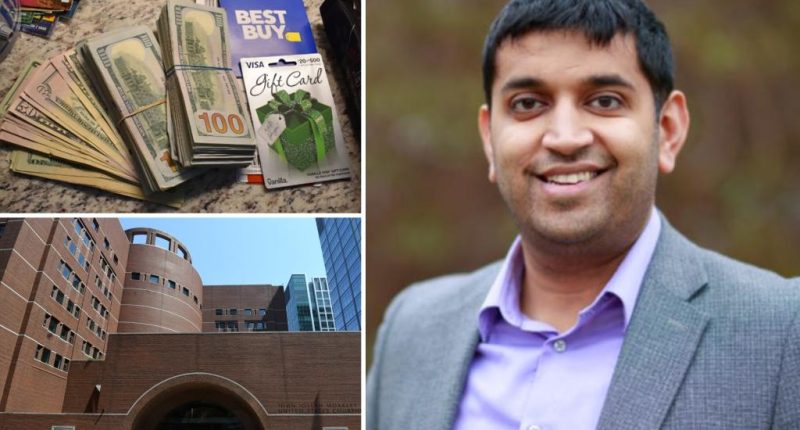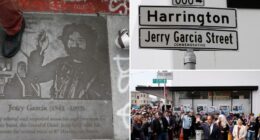
The CEO of a top wastewater treatment firm allegedly paid for sex at high-end brothels and the company has defended him, while reiterating a muddled promise of excellence in public remarks amid controversy.
Gradient, a clean water startup, presented a firm but befuddling defense for Chief Executive Anurag Bajpayee after he was arrested during a prostitution sting in early 2025.
Dozens of men, Bajpayee included, were arrested in the Boston area on misdemeanor charges. They were named in court documents last month, accusing them all of paying hundreds of dollars per hour for sex and a “girlfriend experience” with predominantly Asian women being exploited through sex trafficking, the Wall Street Journal reported.
Gradient has since asserted that they are placing trust in the judicial process — and their own company.
“We believe in the justice system and are confident that this will resolve favorably in due course. Unrelated to this, Gradiant will continue to pursue excellence in technological innovation and to strive towards our mission to ensure clean water for all society,” the company wrote in a statement to the Journal.
Bajpayee previously stood as a celebrated leader in water treatment technology and was even credited in Scientific American’s annual Top 10 World-Changing Ideas list.
Many of the other men arrested lack the apparent support that Gradient placed behind Bajpayee.
Cambridge City Councilor Paul Toner, a married lawmaker, is included in the court documents and faces the same allegations as Bajpayee.
He has received overwhelming calls to resign even after releasing an apology specifically addressed to his loved ones.
“I caused pain for the people I care about most. For that, I will be forever sorry. This is an ongoing legal matter, and I will not have further comment at this time,” Toner said.
Other elites on the list include “rich and powerful” clientele ranging from high-level government contractors to professors, prosecutors said. The brothel even offered a monthly membership to its most frequent visitors, prosecutors said.
All the accused allegedly frequented a brothel ring based out of six luxury apartments in Cambridge and Watertown, Mass. and Washington, D.C. suburbs.








